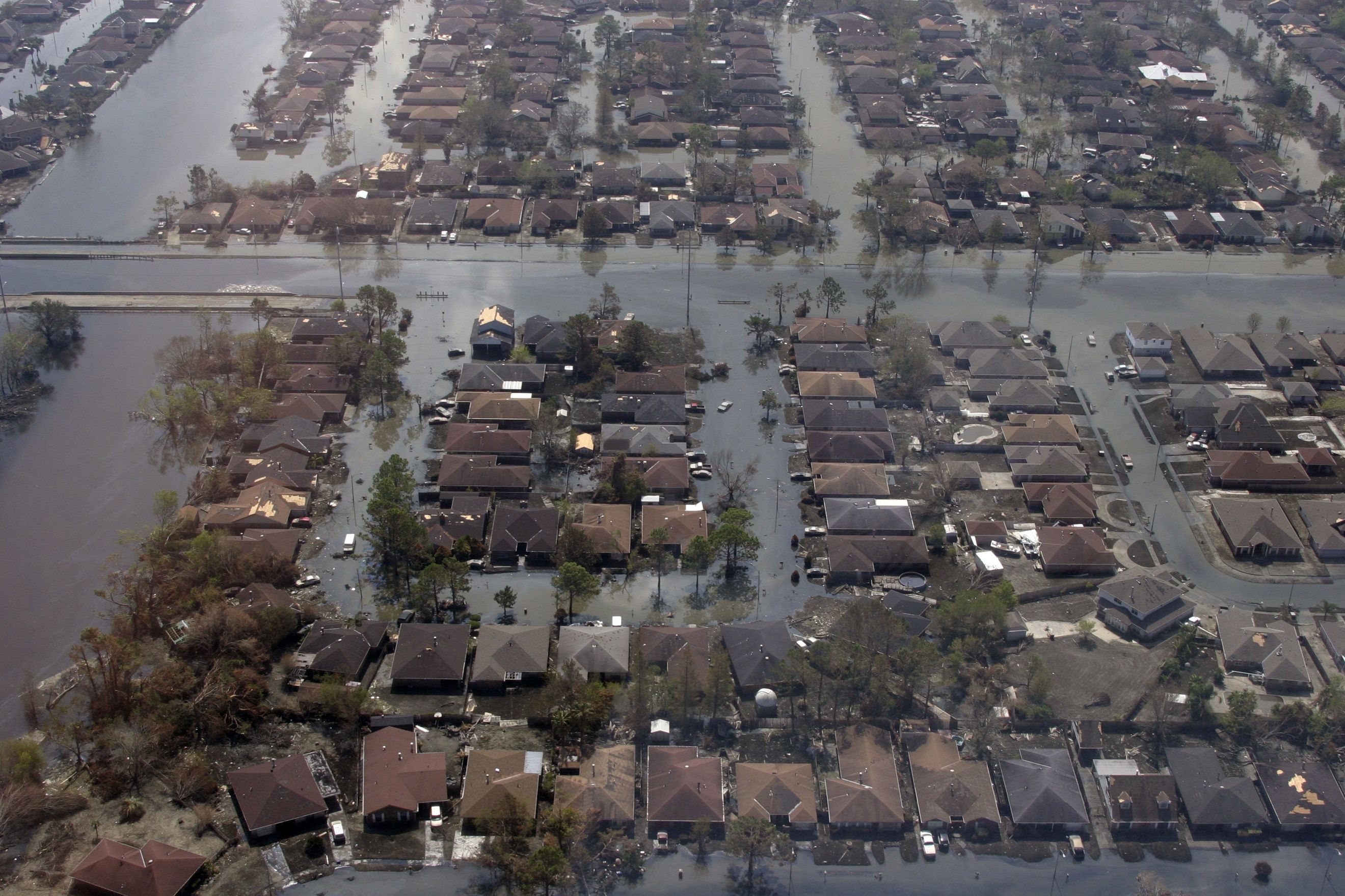
Climate risk data sought from US Insurers
The US Treasury is proposing requiring insurers to provide underwriting data, broken down by zip code, to help them understand risks of major disruptions in insurance coverage in different areas of the country driven by climate change.
Summary: The US Treasury is proposing requiring insurers to provide underwriting data, broken down by zip code, to help them understand risks of major disruptions in insurance coverage in different areas of the country driven by climate change. The move has prompted push-back from various groups including the US Chamber of Commerce and insurance industry groups citing increased costs.
Why this is important: Global natural catastrophe losses in 2022 are tracking 38% higher than 10-year averages. The industry is most likely not adequately factoring in the impact of climate change in pricing.
The big theme: We are used to the traditional finance and business world being divided along industry or sector lines - silos really. Sustainability illustrates how interconnected themes and ultimately industries are. A holistic approach is necessary to enable an effective transition. The finance industry can play an important role in the transition through its funding and investing activities. Insurance companies can play a triple role through their choice of projects to underwrite, their choice of investments and activities in the sustainability space that ultimately reduce the risk they are underwriting.

The details
Summary of a story from The Financial Times:
The number of natural disasters causing more than $1 billion in damages has risen steadily for more than 15 years. Against that backdrop, the US Treasury has put forward a proposal requiring insurers to provide five years' worth of underwriting data, broken down by zip code, to help them understand risks of major disruptions in insurance coverage in different areas of the country.
However, there has been push-back from various groups including the US Chamber of Commerce and insurance industry groups arguing that the additional burden of providing that data would ultimately be passed on to consumers through higher policyholder premiums. Whilst technically the Treasury, or more specifically the Federal Insurance Office was granted authority to collect US insurance market data via the 2010 Dodd-Frank Act, supervision of the industry is not done at federal level but rather at the state level.
Why this is important
Global natural catastrophe losses in 2022 are expected to reach USD112 billion according to reinsurance broker Guy Carpenter or 38% higher than the 10-year average. For insurance companies, offloading risk comes in a number of forms, all of which are commonplace. The first form is reinsurance, where an insurance company offloads some of its risk (buying its own insurance!) either at a category level or individual specific items. However, in late November, Fitch Ratings published research expecting reinsurance rates for property catastrophe cover to increase by "well over 10%" on renewal in 2023 (based on USD120 billion losses). More recently, Stonybrook Capital were seeing rate increases "north of 35 percent." An alternative, or rather supplement to reinsurance, are catastrophe bonds (and other alternative risk financing tools) effectively offloading the risk to bond investors. The final form is more of an offload by default where the government takes on the role of insurer of last resort to protect the broader population and provide nationwide stability. The Treasury is trying to mitigate that risk by first understanding where there could be shortfalls in coverage which would effectively be pushing that risk back towards individuals (in this case homeowners) and the government.
This article raises a crucial point. As Alfonso Pating, from the National Resources Defence Council (quoted in the article) says "... if insurers don't integrate climate risk-related information into their assessments, they're mispricing their premiums." That is problematic as insurance is one of the cost inputs into projects, particularly built environment ones. There seems to be an implicit admission from the insurance bodies that they aren't, given the push-back based on data collection costs - they would seem to be much smaller than potential losses from a natural catastrophe event occurring! That further implies that longer term returns from projects could vary from budget - in other words, wrong decisions could be made. For insurance companies themselves, future losses could be underestimated.
Taking a step back, how does an insurance company make money? Simplistically, they take on risk from customers in exchange for receiving premiums. They use those premiums to invest and generate a bigger cash pool to cover administrative costs, costs of offloading risk, payouts for insured events actually occurring and hopefully provide a return to their investors.
On that last point, the losses from the insured event occurring or the 'underwriting risk', could be mitigated through both underwriting activities and investing activities. Choosing not to underwrite projects that adversely impact the transition is one way. For example a number of insurance companies walked away from the Adani Carmichael coal mine project and Canada’s Trans Mountain pipeline. From a pure returns point of view such action may result in better or worse returns over the lifetime of the project to the insurance company. It depends on the project. However, investing in projects that can mitigate the adverse impacts of climate-related risk could potentially produce both returns (good for the investment side of the business) and also help reduce underwriting risk too. For example drone technology that could better assess flood risk or grid resiliency innovations. Nature based solutions including sponge cities, wetland regeneration and others could become fertile investment ground for insurance companies meeting the dual remit of investing and reducing underwriting risk. It will also be interesting to see the role of blended finance, particularly in developing nations as well as the potential for the 'Loss and Damage fund' announced at COP27 for vulnerable countries, in helping to reduce the risk of adverse impacts of climate change and ultimately improving the insurance outlook. That improved insurance outlook could present a virtuous circle of investment. Risk versus return.
The insurance industry is really about offloading risk to the next person in the chain starting with the consumer for whom that makes it essentially a health and well-being product by providing peace of mind. I mentioned earlier that the article implies that insurance companies are not completely factoring in climate-related risk in premium calculations. What if that changed overnight? Massive increases in premiums or even withdrawal of coverage or unwillingness to cover certain areas would likely follow. After Hurricane Ian, the second largest hurricane ever experienced in the US, there was speculation that insurers could even avoid the Florida property market completely. If people are unable to get insurance for the places that they live or work (and play) will that lack of peace of mind act as a catalyst for migration or another catalyst for national intervention with regards the environment?
Finally, another way to help mitigate losses to some extent is to enable recovery as quickly as possible. This is where the development of resiliency hubs can help, either organised publicly by local and federal authorities or privately.
Something a little more bespoke?
Get in touch if there is a particular topic you would like us to write on. Just for you.
Contact us
Please read: important legal stuff.

